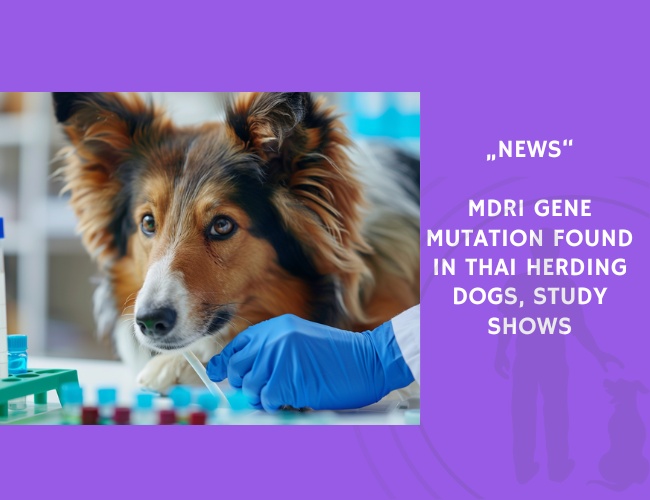New research highlights the prevalence of the MDR1 gene mutation in herding breeds in Thailand, offering insights that can help veterinarians avoid harmful drug reactions in genetically vulnerable dogs.
The MDR1 nt230(del4) mutation affects the way certain dogs metabolize common veterinary drugs, leaving them at risk for severe toxicity. While the mutation has been widely studied in Europe and North America, its prevalence in Southeast Asia remained unclear—until now.
In a 2021 study published in Veterinary World, researchers Chommanad Lerdkrai and Nuch Phungphosop analyzed 263 dogs from eight purebred breeds in Thailand using a multiplex PCR method and DNA sequencing. The study found that the mutation was present in several herding breeds: Rough Collies (57.14% mutant allele frequency), Australian Shepherds (12.82%), Shetland Sheepdogs (11.28%), and Old English Sheepdogs (8.33%).
Most concerning, a subset of Rough Collies and Shetland Sheepdogs carried the homozygous mutation, meaning they are especially vulnerable to drug toxicity. No mutations were found in Border Collies, German Shepherds, White Swiss Shepherds, or Thai Ridgebacks.
This is the first genetic screening of MDR1 mutations in Thai Ridgebacks. The findings are expected to aid veterinarians in treatment planning and help breeders avoid passing on the defective gene through better-informed mating decisions.










